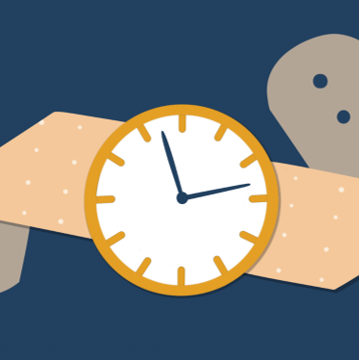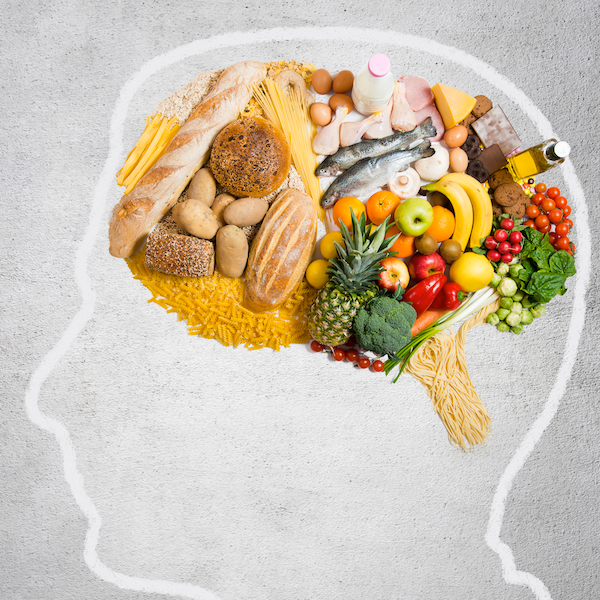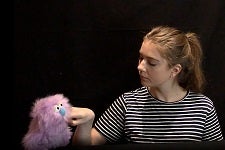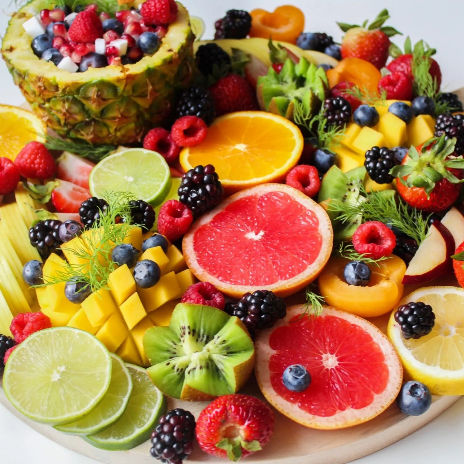Neuro Topics - Psychology & Cognitive Science
SEARCH OTHER RESEARCH AREAS
March 14, 2024
New research from Peter Aungle and Ellen Langer finds that an individual’s perception of how much time has elapsed substantially impacts the speed at which minor bruising fades. This is the first study to demonstrate this psychological effect on the physical healing process.
Original article in: Nature Scientific Reports >
June 30, 2023
Boston Children's Hospital Answers article on new research from Melissa Christino and colleagues explore the links between an athlete’s mental and emotional state and their physical recovery from injury.
Original article in: Arthroscopy, Sports Medicine, and Rehabilitation >
February 24, 2023
Harvard Gazette article on new research from Susan Carey and colleagues, first author Brian Leahy, on the developmental psychology of 3-year-olds. They found that they struggle to keep track of competing options and instead they "find one state that is merely possible and treat it as fact."
Original article in: PNAS >
September 29, 2022
Brigham and Women's Hospital research brief on new research from Tamar Sofer and colleagues, first author Einat Granot-Hershkovitz, finding in diverse study populations that blood metabolites related to sugars were associated with older adults’ global cognitive health.
Original article in: Alzheimer's & Dementia: The Journal of the Alzheimer's Association. >
July 15, 2022
Harvard MCB Department news article on new research from the team of Mitsuko Watabe-Uchida and Nao Uchida, first author, Ryunosuke Amo, finding evidence that rodent brains exhibit a specific form of learning called temporal difference (TD) learning, widely used in both animal learning models and artificial intelligence.
Original article in: Nature Neuroscience >
June 30, 2022
Harvard Gazette article on soaring alcohol use during the pandemic. Marisa Silveri, Scott Hadland, Joji Suzuki, and Kevin Hill discussed alarming drinking trends, safe weekly limits, and approaches for cutting back or quitting.
Original article in: Nature Neuroscience >
March 8, 2022
Harvard Gazette article on new research from Elizabeth Spelke and colleagues at MIT, first author Ashley Thomas, suggesting infants view kissing or sharing food or utensils as social cues indicating close relationships.
Original article in: Science >
September 29, 2021
MGH Psychiatry News article on new research from Deborah Blacker and colleagues at the T.H. Chan School of Public Health on the potential beneficial effects of flavonoids (naturally occurring compounds found in plants, generally fond in the highest concentrations in more pigmented foods, such as berries, citrus fruits, kale, and red cabbage) on cognitive decline.
Original article in: Neurology >
September 21, 2021
Based on a 5-year longitudinal neuroimaging project starting in infancy, Xi Yu and Nadine Gaab share new research demonstrating that functional connectivity in infancy can predict subsequent individual differences in language and foundational literacy abilities at school-age. These results highlight the importance of the early brain function organization as a neural scaffold for long-term development of complex, high-order cognitive functions.
Original article in: Cerebral Cortex >
September 14, 2021
Round up of awards and honors earned by the HBI community.
Original article in: Cerebral Cortex >
September 1, 2021
Massachusetts General Hospital News article on new research from the labs of Christiane Wrann, Rudolph Tanzi, and Bruce Spiegelman, co-first authors Mohammad Islam and Sophia Valaris, demonstrating for the first time that irisin, the cleaved and circulating form of the exercise-induced membrane protein FNDC5, is sufficient to confer the benefits of exercise on cognitive function.
Original article in: Nature Metabolism >











